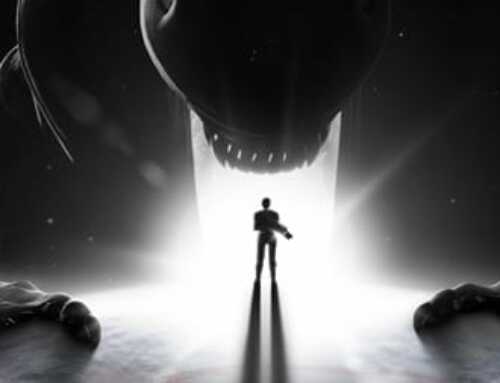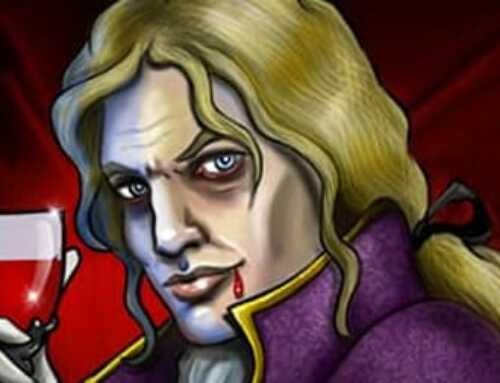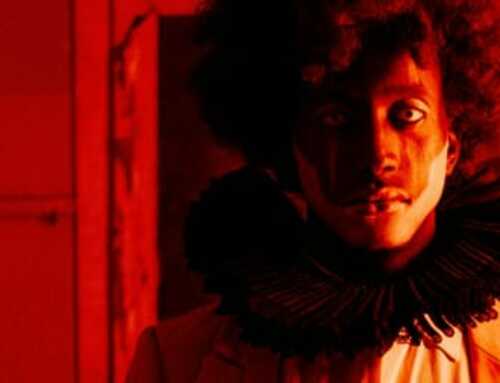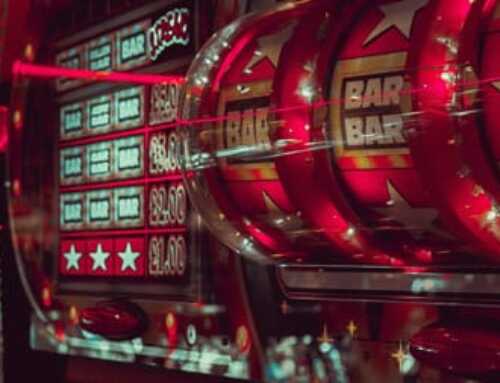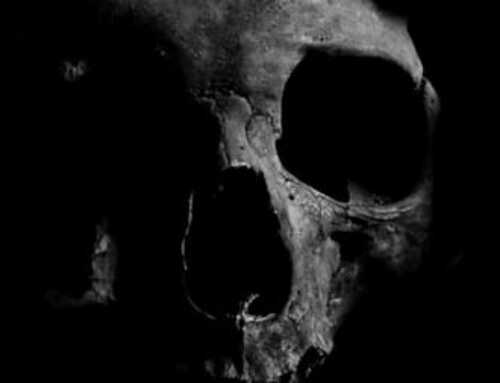Were you that teenager who had to sleep with the light on after seeing one too many horror movies? Nearly all of us have been scared by what we think we’ve seen. Ask yourself this: why do we love these films even though they cause terrible nightmares and allow our imaginations to run riot during the day?
Ever been to an empty property and convinced yourself someone was following you around the house even though your rational mind knows you’re alone? It’s the fact that you’re alone that feeds the fear, add in some superstitions about ghosts, and you have the plot to a horror movie right there. The Amityville Horror, anyone?
Filmmakers use a combination of long-held superstitions, fundamental fears – both rational and irrational – as well as the audience’s overactive imagination to make the horror genre terrifying and addictive. So let’s look at how the superstitions match up to the movies made about them.
Number 13
The number 13 is considered incredibly unlucky, so unlucky that apartment blocks often miss 13 out altogether, replacing number 13 with 12A and B. The idea that 13 is unlucky was picked up by the blockbusting series of movies called Friday the 13th.
Paramount Pictures made movie number 1 in 1980, and the franchise continued to make films for the next 29 years, so successful at the box office, the series has made Friday the 13th the unluckiest day of the year.
Not surprisingly, 13 black is considered the most unlucky number on a roulette table. The fact is number 13 in roulette is not any less likely to drop in than any other number on the wheel. But rational thinking isn’t going to stop people from avoiding the number. Why not think about it this way? Choose black 13 the next time you’re playing. No-one else will, so you never know lady luck might smile on you for the sheer contradictory nature of the move. And this isn’t the only strange superstition you’ll see at play in a casino.
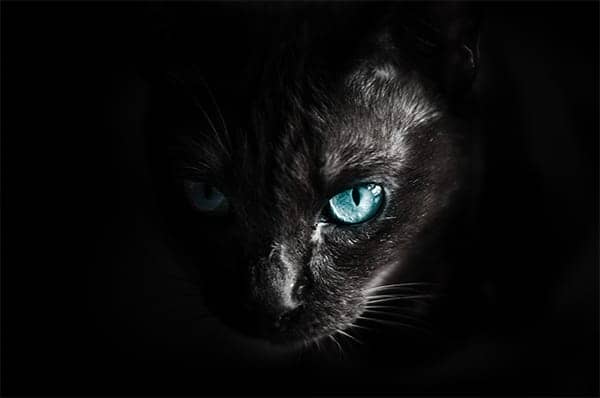
Black Cats are Unlucky
Sticking with superstitions and the color black, black cats, black crows, and black magic are all linked. Stephen King explored or exploited – depending on how you look at it – the link between our love of animals and the afterlife. In the 1989 film Pet Sematary, a loving owner deals with the devil to bring her much-loved pet back to life with horrifying results.
While animal shelters will tell you black cats and dogs are much more difficult to re-home than fluffy white poodles or golden retrievers, it’s true to say real animal lovers don’t pay much attention to this superstition.
Clowns are Scary
We all know that abandoned circuses are scary places. There have been hundreds of films about circuses and clowns to feed into our irrational belief that clowns are evil.
History developed the clown persona out of the ‘Zani’ rustic fool character from the early modern form of professional theatre originating in Italy. These characters were based on the rural fool or impish servants in ancient Greek and Roman theatre.
So at what point did the fool get a scary make-over? In modern culture, Coulrophobia, or the excessive fear of clowns, has been put down to the actor Joseph Grimaldi.
Grimaldi was the first really recognizable ancestor of the modern clown. Grimaldi died in 1837 but is still honored in an East London church that has conducted an annual Sunday service in his honor since 1959. The service comes complete with a congregation dressed in full clown attire, including oversized shoes and curly wigs.
Grimaldi was a massive star in the 1800s, and the character he’d invented became closely associated with him. Sadly Grimaldi’s real life was anything but funny. He was the product of an oppressive stage father, he was a depressive and was beset by bad luck all his life. It’s reported that Grimaldi said this about his life: “I am GRIM ALL DAY, but I make you laugh at night.”
Bad luck did not stop Grimaldi senior from putting his son, JS Grimaldi, on the stage. Grimaldi Junior suffered the same fate as his father and died a penniless alcoholic aged 30. This is sad, but it doesn’t explain how we got from 1837 to Pennywise, the scariest clown ever who was made famous by Stephen King in the 2017 movie IT.
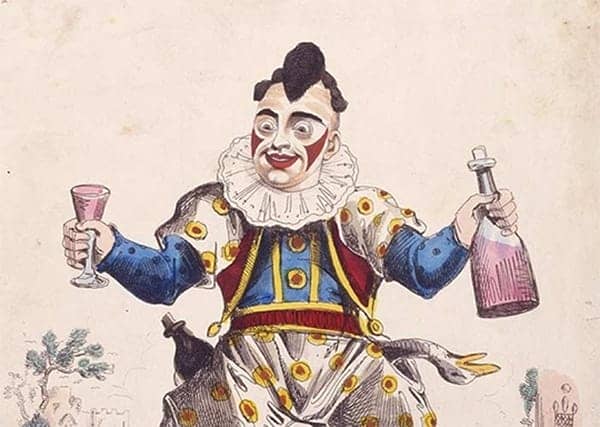
Charles Dickens is to Blame
You can thank Charles Dickens for the downfall of the friendly, funny clown. Andrew McConnell Stott wrote Grimaldi’s memoir, but Charles Dickens took the work and turned Grimaldi into a rotten evil character. This impression sowed the seed in the public’s mind, and then Dickens reinforced this opinion in his serialized novel The Pickwick Papers.
So superstition is only part of what makes a good horror film; it’s also a combination of social history, fear, and our imagination that makes it possible to envision scenarios where these horrific characters could exist and wreak havoc on our lives.
But for those who still insist on scaring themselves senseless, here are a few pointers. The butler didn’t always do the crime; there are always murders in the basement or the woods, so don’t go there alone or at all if you can help it and ghosts only exist in Hollywood.


